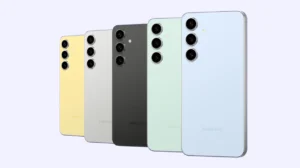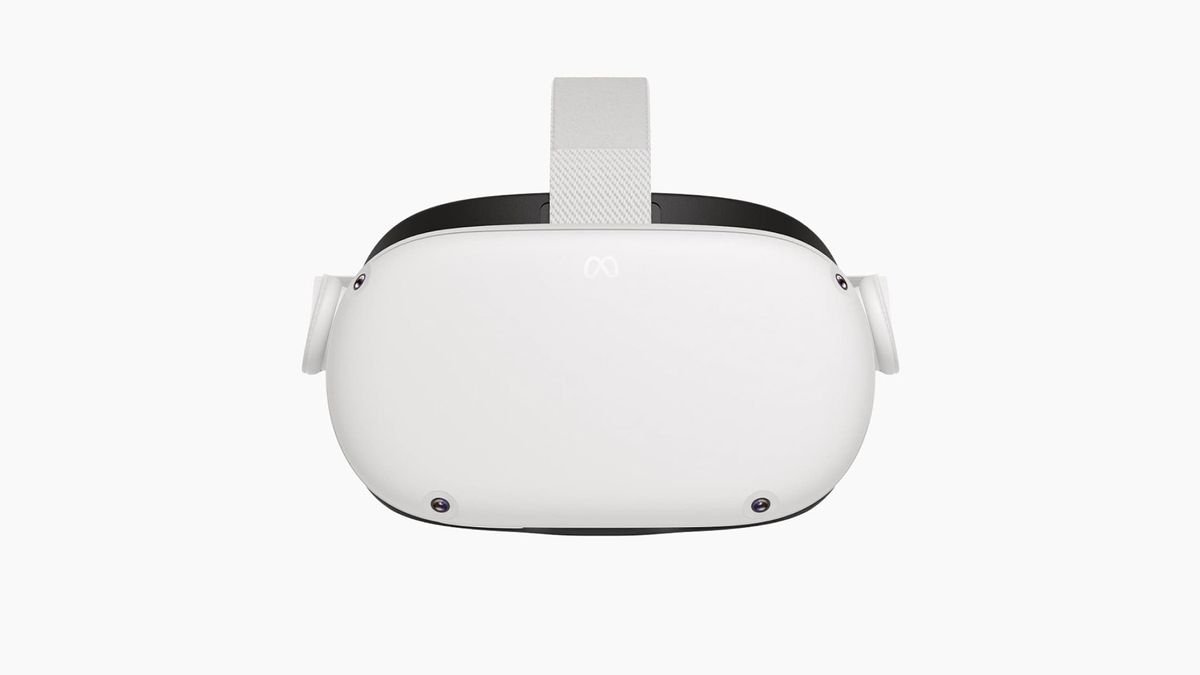The tech world is buzzing with speculation that Microsoft might be following in Apple’s footsteps with a significant rebranding of its AI offerings. Leaked information suggests that “Copilot,” the name synonymous with Microsoft’s AI assistant and various AI-powered services, could be replaced by “Windows Intelligence.” This potential shift has sparked considerable debate and raised questions about Microsoft’s broader AI strategy.
This rumored rebranding, if true, would signal a move towards a more unified and integrated approach to AI across the Windows ecosystem. It mirrors Apple’s recent consolidation of its AI capabilities under the “Apple Intelligence” umbrella. By potentially adopting a similar strategy, Microsoft aims to streamline its AI branding and user experience, making it clearer how these intelligent features enhance the Windows platform.
The Evidence So Far:
- Leaked internal files: References to “Windows Intelligence” have been discovered within Windows 11 system files, hinting at the possible new branding.
- Placeholder settings page: A placeholder page for “Windows Intelligence” settings has been found in a Windows 24H2 build, further fueling the speculation.
- Industry trends: The move aligns with a broader trend of tech giants consolidating their AI offerings under easily recognizable brands.
A New Era of Windows: More Than Just a Name Change
While the name “Windows Intelligence” might seem like a simple rebranding exercise, it could have far-reaching implications for how users interact with AI on Windows. This potential shift suggests that Microsoft is not merely adding AI features to Windows but is instead making AI an integral part of the operating system’s core functionality.
Imagine a future where AI seamlessly integrates into every aspect of your Windows experience:
- Smart assistance: “Windows Intelligence” could power an even more intuitive and helpful digital assistant, anticipating your needs and proactively offering solutions.
- Enhanced productivity: AI could automate mundane tasks, optimize system performance, and personalize your workflow, allowing you to focus on what matters most.
- Creative empowerment: From generating content to assisting with complex tasks, “Windows Intelligence” could unlock new levels of creativity and productivity.
Learning from the Competition: A Familiar Playbook
Microsoft taking inspiration from Apple’s branding strategy is not a new phenomenon. When Apple introduced Siri in 2011, Microsoft responded with Cortana in 2014. This potential rebranding of Copilot to “Windows Intelligence” could be seen as another instance of Microsoft adapting and evolving in response to its main competitor.
However, Microsoft’s approach appears to be more comprehensive than simply replicating Apple’s strategy. By integrating AI deeply into the Windows operating system, Microsoft aims to create a more cohesive and intelligent user experience that sets it apart from Apple’s ecosystem.
Beyond the Hype: Addressing User Concerns
While the potential of “Windows Intelligence” is exciting, it also raises valid concerns among users:
- Privacy: How will Microsoft ensure user data privacy with AI deeply integrated into the operating system?
- Control: Will users have granular control over how AI features are used and accessed?
- Transparency: Will Microsoft be transparent about how “Windows Intelligence” collects, processes, and utilizes user data?
Microsoft needs to address these concerns proactively to build user trust and ensure the successful adoption of “Windows Intelligence.”
A Glimpse into the Future
The potential rebranding of Copilot to “Windows Intelligence” marks a pivotal moment in the evolution of Windows. It signifies Microsoft’s commitment to making AI an integral part of the user experience. While challenges and concerns remain, the possibilities are vast.
Imagine a future where your Windows operating system anticipates your needs, automates tasks, and empowers you to achieve more. This is the promise of “Windows Intelligence” – a future where AI seamlessly integrates into our digital lives, making technology more intuitive, helpful, and empowering.



















Add Comment